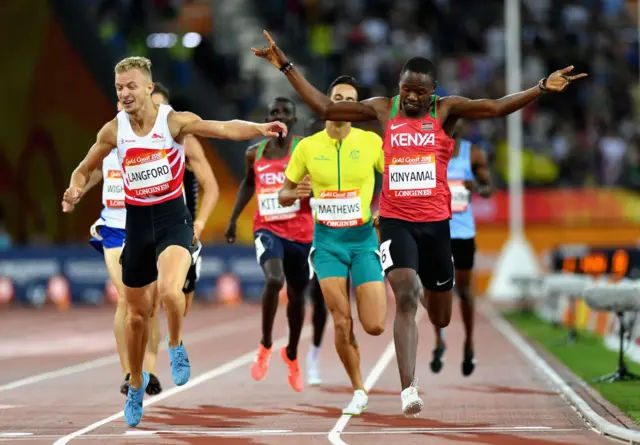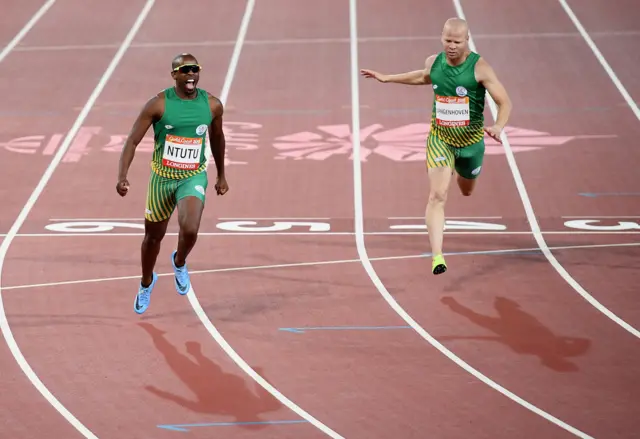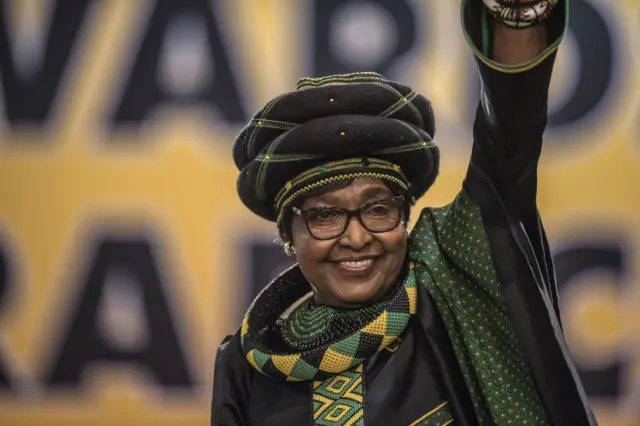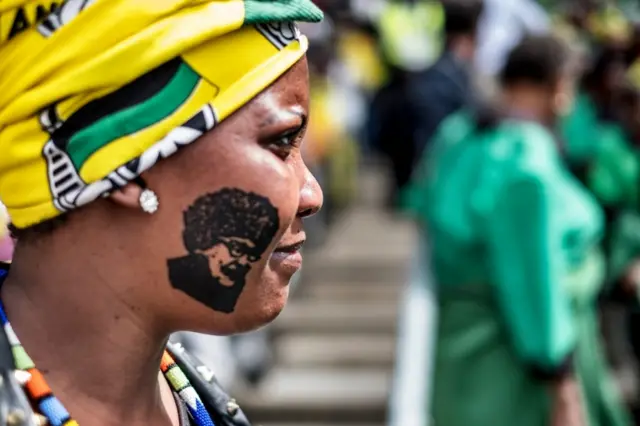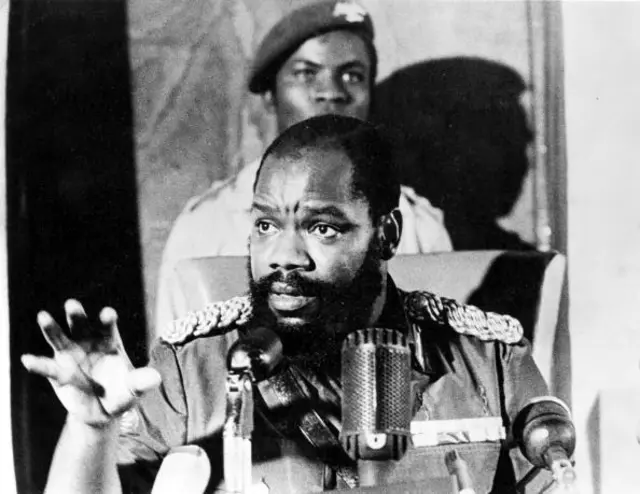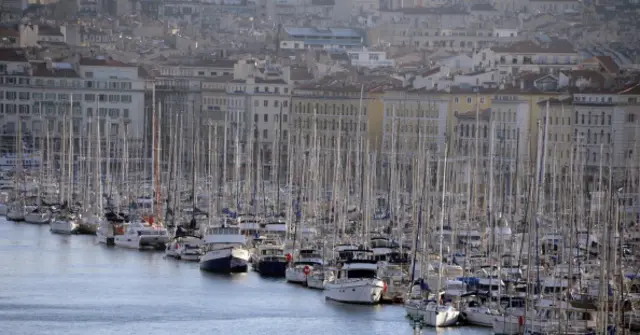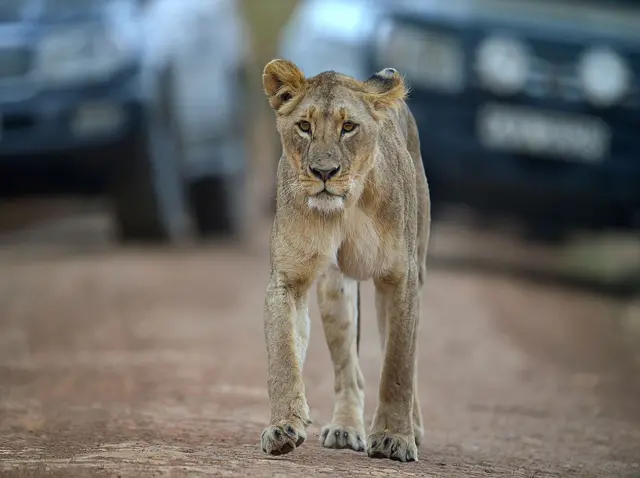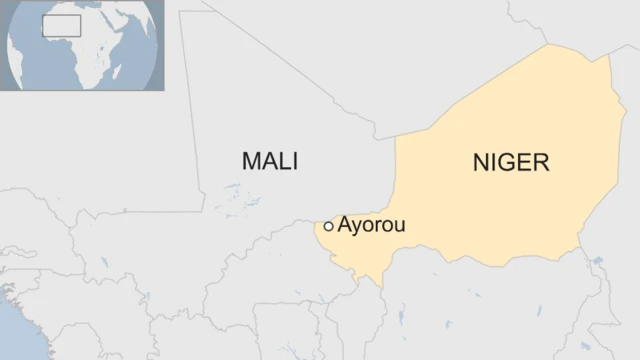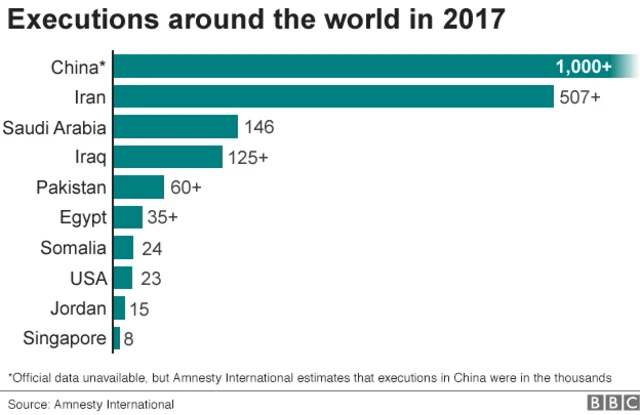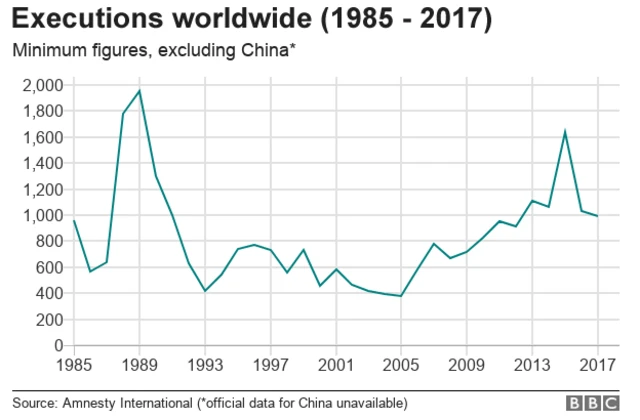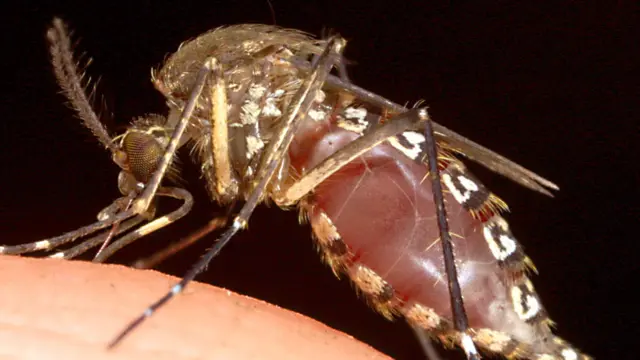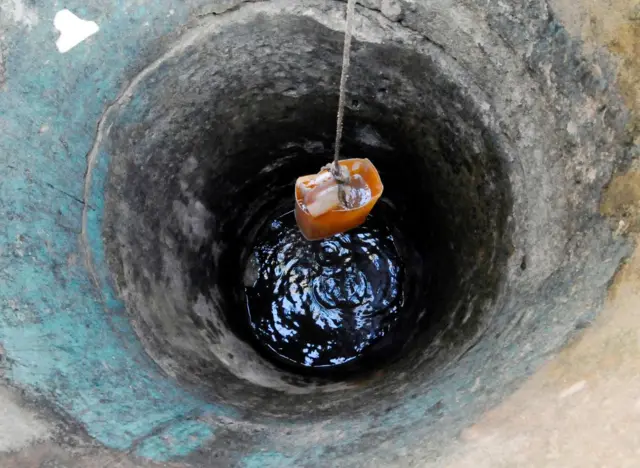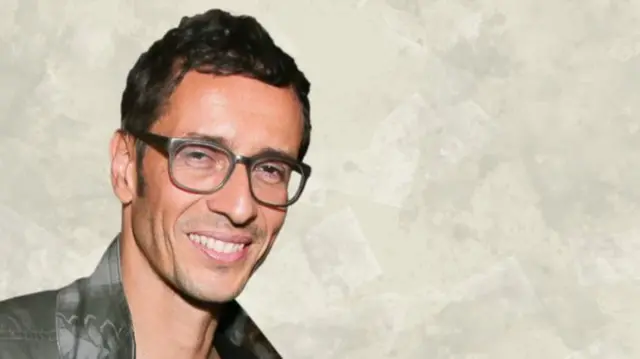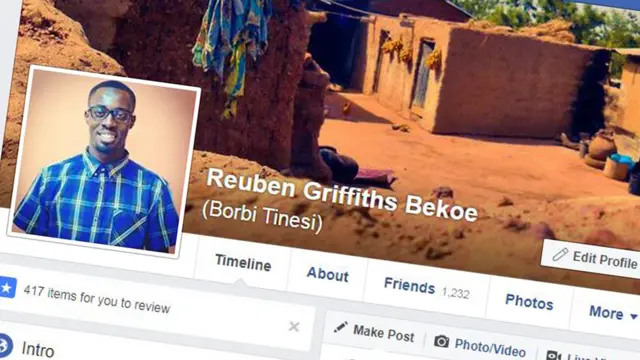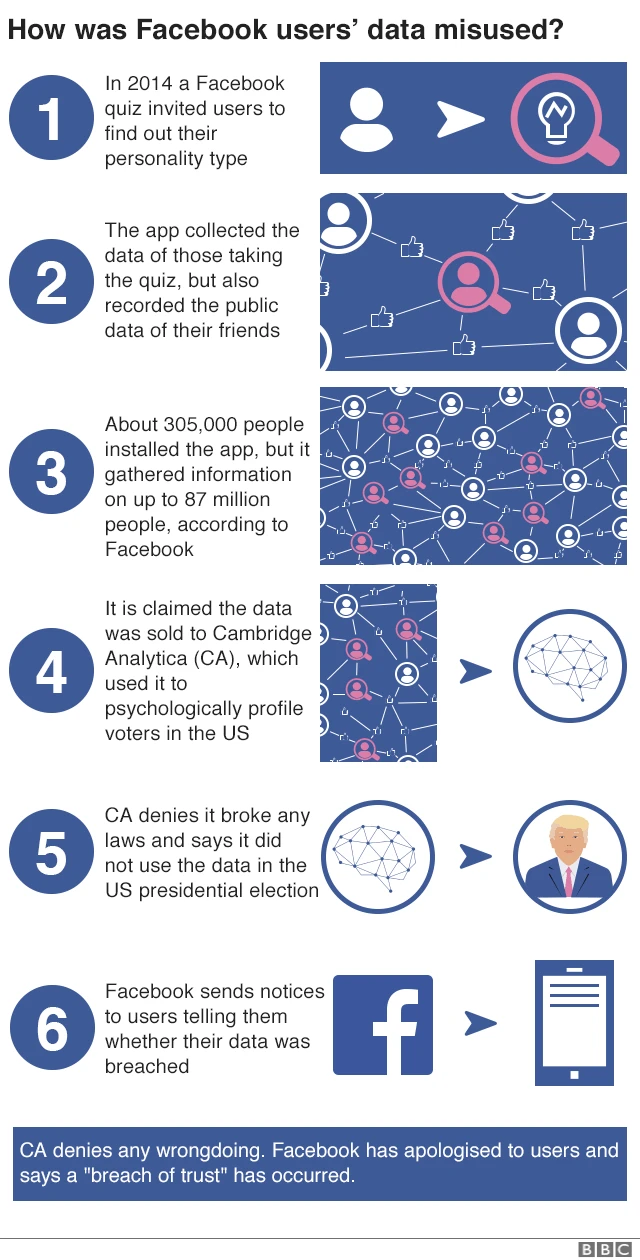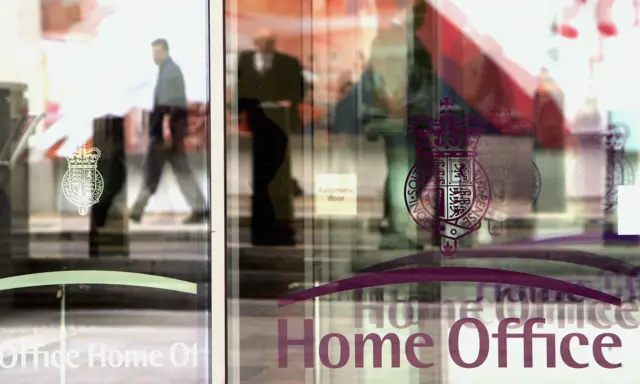Who's behind violence in DR Congo's famous park?published at 13:54 BST 12 April 2018
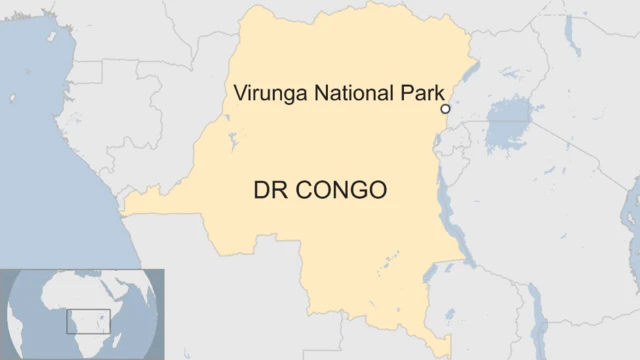
Virunga is Africa's oldest national park covering a vast area of 7,800 square km (3,000 square miles)
The Virunga National Park in eastern Democratic Republic of Congo is famed for its endangered species like mountain gorillas.
Rangers working there face constant violence from armed groups and poachers.
They've recently paid tribute to six of their colleagues who were killed on Monday in one of the deadliest ambushes in the park.
Park director Emmanuel de Merode told BBC Newsday he believes rebels from the Mai-Mai Charles militant group are responsible for the killings:
Quote MessageIt's not the first attack we've suffered from this group - there have been a number [of attacks] over the years. They're they only group that operate in that area.
Quote MessageIt's part of bigger picture involving the trafficking of natural resources. The rangers themselves for protecting the park and protecting the people who travel through it.
Quote MessageTrafficking was estimated last year to be worth over $170m (£120m), of which these militia groups are drawing $47m."
Listen to the interview in full below:
Five rangers and a driver were killed earlier this week
